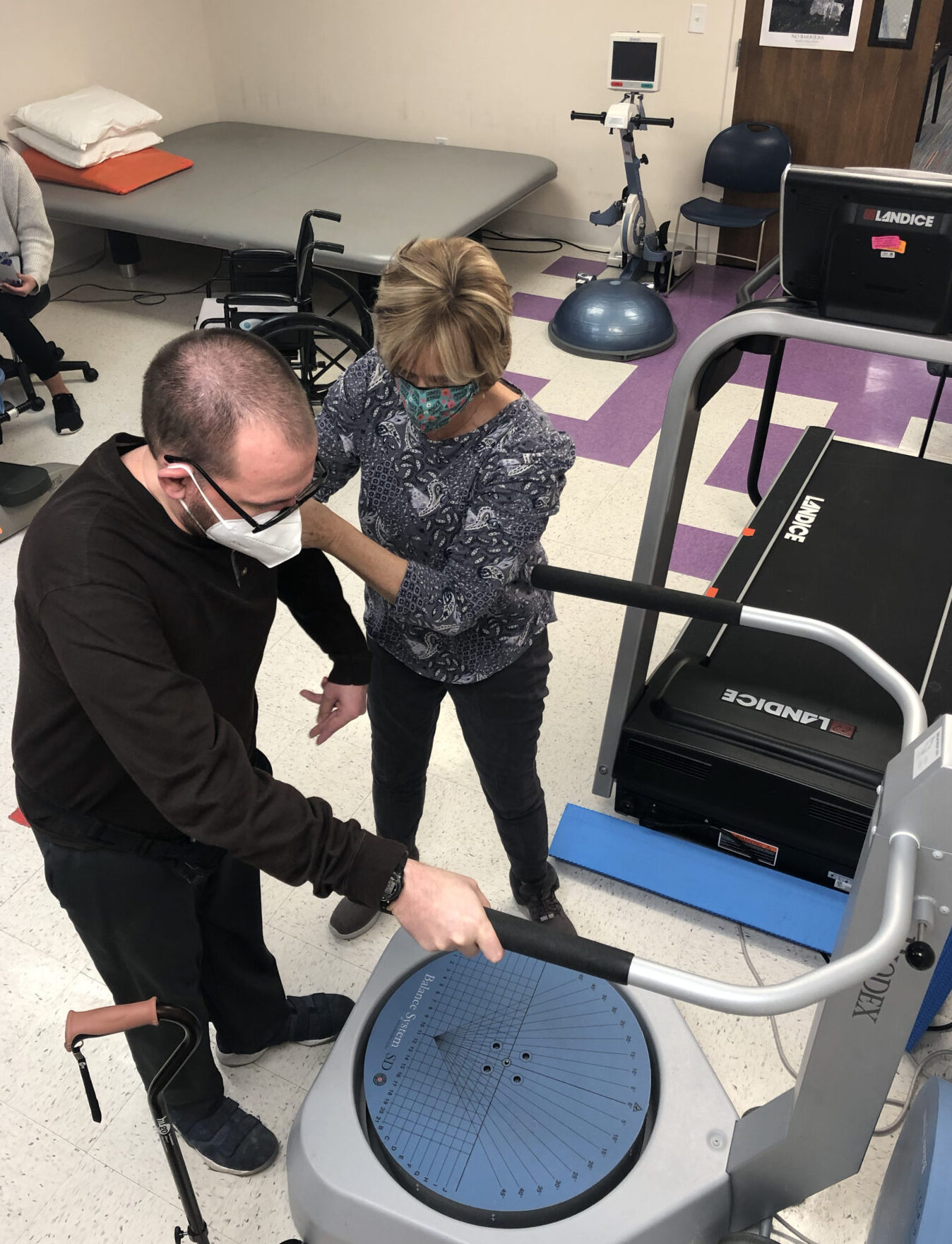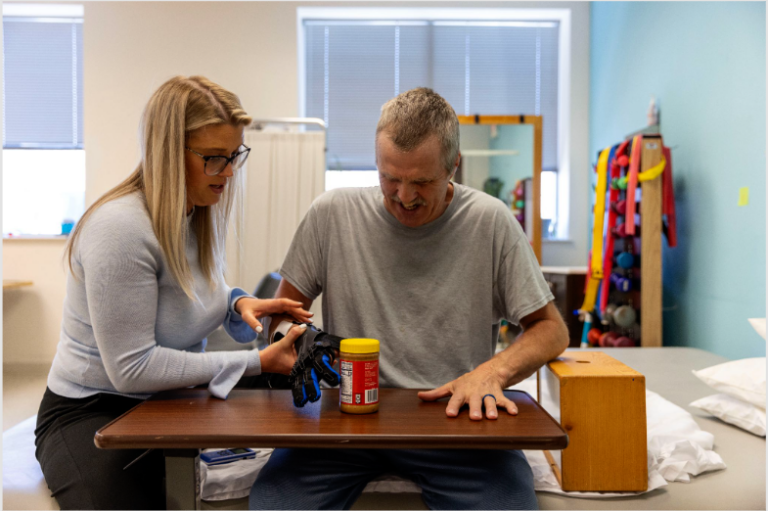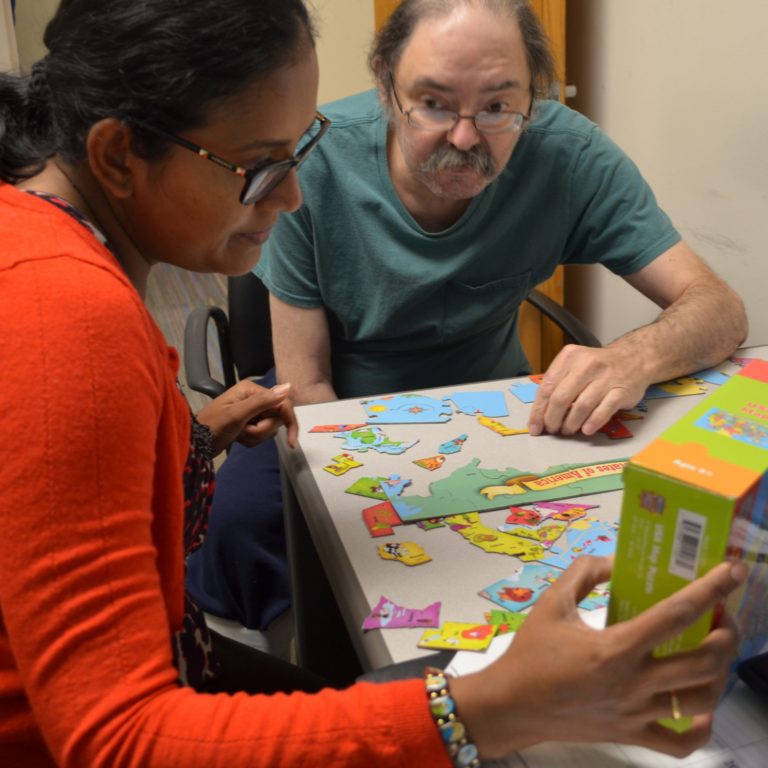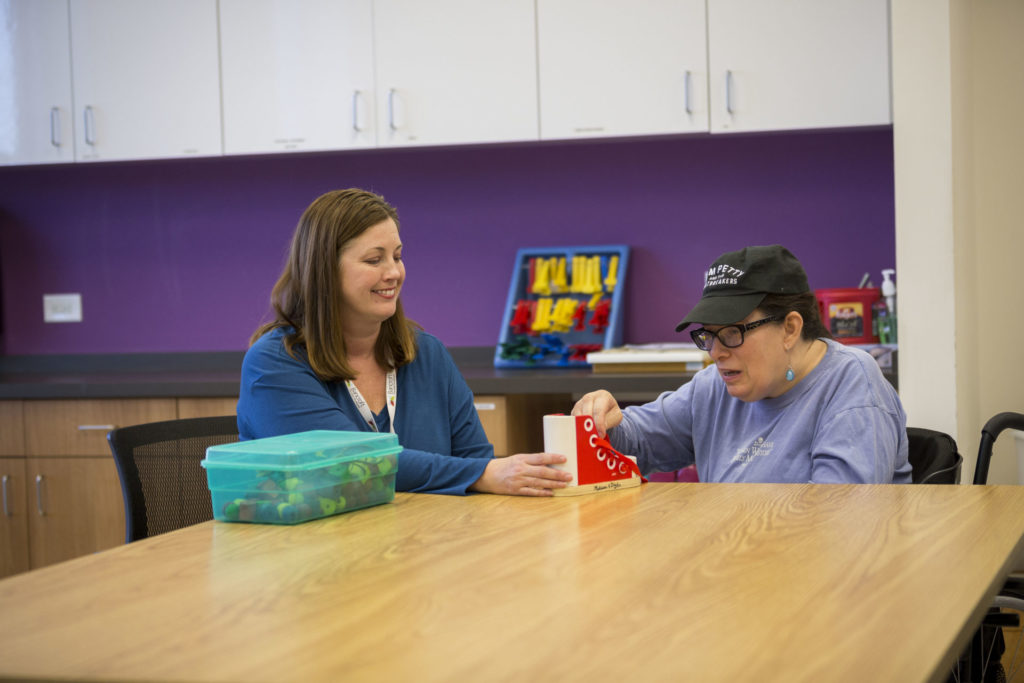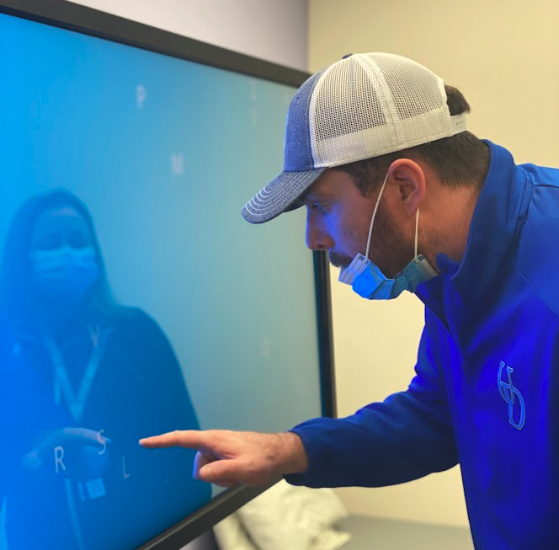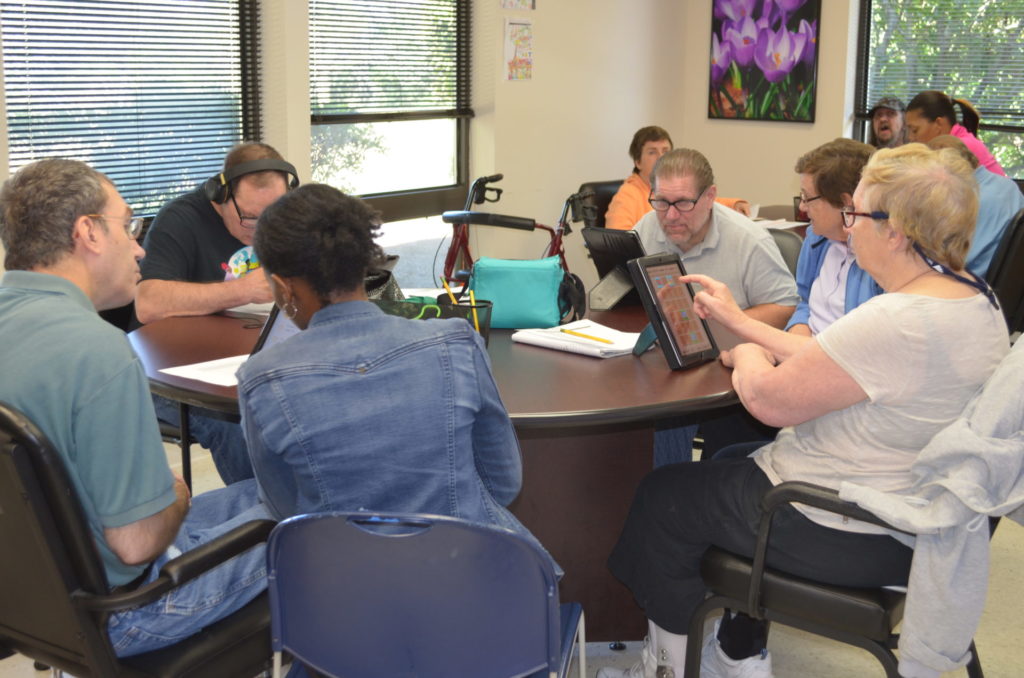Neuropsychological Evaluations
Home » Neuropsychological Evaluations
Wherever you are in your rehab journey. We are here to help.
We provide diagnosis and thorough recommendations regarding the next steps for treatment, daily functioning, and strategies to help compensate for challenges to address a variety of medical and cognitive disorders.
Frequently Asked Questions
A neuropsychological evaluation is a non-invasive, comprehensive assessment to measure cognitive abilities, memory, and mood. A neuropsychological evaluation gauges the level of functionality in cognitive domains such as orientation, attention, and language. Tests involve a series of questionnaires, activities, and tasks that the person has to remember information they are given, answer comprehension questions, or engage in tasks measuring attention which typically take four to six hours.
A neuropsychological evaluation is recommended when an individual shows impairment in cognitive, emotional and functional abilities, which can result from traumatic brain injury or other neurological conditions, such as Alzheimer’s disease or stroke.
Evaluation results may be used to:
• Formulate a diagnosis
• Define cognitive strengths and weaknesses
• Assist in developing a treatment plan
• Provide recommendations for daily life
• Document possible changes in functioning
Neuropsychological assessments examine various skills and abilities, including:
• Attention and concentration
• Problem-solving
• Learning and memory skills
• Planning and abstract thinking
• Mood and emotions
• Language
• Visual-spatial functions
• Motor and sensory functions
• Academic skills
Neuropsychological evaluation is an integral tool in establishing a baseline for diagnosis and treatment. The assessment helps a neuropsychologist develop comprehensive recommendations and provide appropriate expectations and behavioral interventions.
Assessment results will help determine the appropriate level of care needed to make the fullest recovery possible. A neuropsychologist will review results and recommendations with the patient and provide a written report to the physician. The report may also be shared with the patient or others involved in their care as requested.
The following programs may be recommended based on results:
• Outpatient services can improve functioning and help regain daily living skills. Services include cognitive rehabilitation therapy, physical therapy, occupational therapy, speech and language therapy, vestibular therapy and LSVT Big & Loud™ therapy.
• Day treatment programs can help regain daily living skills and promote independence.
• Residential rehabilitation provides customized supervision and individualized rehabilitation in personal care, household management, health and medical care, grocery shopping, money management and budgeting.
Payment & Coverage
Payment for neuropsychological testing varies by case. Potential payors include health insurance, Medicare, Medicaid Managed Long Term Services and Supports (MLTSS), Worker’s Compensation and the Department of Vocational Rehabilitation. Private pay is also available. Bancroft NeuroRehab will assist you in selecting the best resource and completing paperwork.


Related Articles


Navigating Life Beyond Stroke: Shawn’s Story
Navigating Life Beyond Stroke: Shawn’s Story From Mechanic to Patient:


Embracing Balance: How Yoga Supports Brain Injury Recovery
Embracing Balance: How Yoga Supports Brain Injury Recovery The Healing


Never Giving Up: How Stephen Reclaimed His Independence After a Traumatic Brain Injury
Never Giving Up: How Stephen Reclaimed His Independence After a



